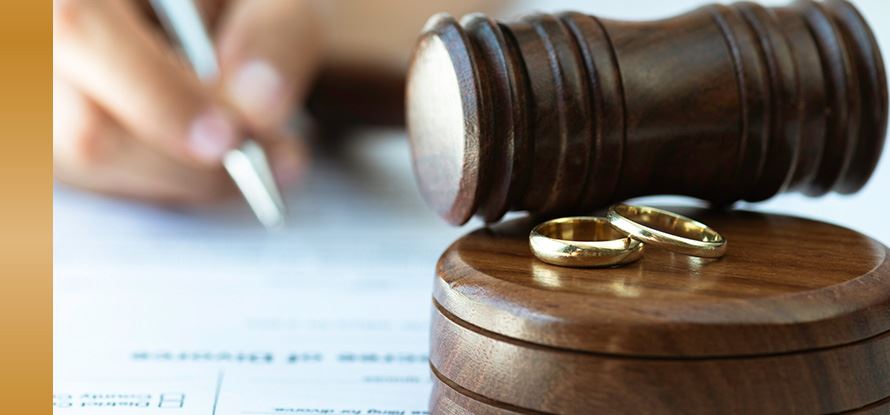
Top 10 Facts
Top 10 Facts to Know When Filing for Divorce in New York
Are you filing for divorce in the state of New York? If you so, you should be properly informed before moving forward with your divorce action.
- Once you get a divorce settlement approved by the court or once you receive a divorce-related court judgment, you are legally required to abide by it. If you fail to comply with the term, you could be considered in contempt of court and suffer penalties. Keep this in mind as you enter into a divorce agreement.
- If you and your spouse have children together, you have the right to seek child custody or visitation. The courts generally make every effort to give both parents some level of child custody or visitation, as long as this seen as being in the child's best interests. You may need to fight for your fair share of custody or visitation in court.
- Your marital assets might not be divided equally. New York uses equitable distribution as the standard for asset division in divorce. With equitable distribution, the court weights various factors concerning the spouses and their marriage in order to determine how the marital assets can be most fairly divided. Depending on the factors, one spouse may end up getting a higher percentage of the assets.
- If you have a business, its assets and liabilities may be subject to division in the divorce process. Even if you are the only one in your marriage who owns or operates the business, the court may consider it marital property that is subject to division.
- If you signed a prenuptial agreement, this will override the state's equitable distribution law. This means that you will have to divide your property according to the terms of the agreement rather than by what the court would determine a fair division.
- Lying about your assets or property can ultimately harm your case. There are some people who try to hide money or valuable assets in the divorce process, so they can avoid having to split these assets with their spouses. If these actions are discovered, the court may use this as grounds to rule in your spouse's favor and/or impose severe penalties on you.
- Fault-based grounds for divorce are not required in New York, but they can be used to gain leverage in certain aspects of the divorce, such as child custody or alimony. New York's fault-based grounds for divorce include adultery, cruel and inhuman treatment, abandonment for a year or more and incarceration for at least three consecutives since the start of the marriage.
- Litigation tends to be a much costlier and more time-intensive divorce option. For that reason, it is usually best to first try and work directly with your spouse to negotiate a divorce settlement, if at all possible. Some spouses use mediation or collaborative divorce to work out their divorce-related disputes. If you and your spouse are simply unable to reach an agreement, it may then be time to take the matter to court.
- You can better protect yourself and your loved ones in the divorce process if you hire an experienced divorce attorney. A New York City divorce lawyer can help you make a convincing argument in court, so you can improve your chances of receiving a favorable judgment. If you and your spouse are planning to reach a divorce settlement through negotiation, your attorney can help you see to it that you are getting a fair deal in the divorce.
- Divorce is not one-size-fits-all. Each divorce comes with different circumstances, which means that not every divorce is going to be resolved in the same way. You should not assume that your divorce experience or strategy will be the same as someone else's. Work with a knowledgeable New York City divorce lawyer for help determining what the best approach is for your particular situation.

What Sets Us Apart?
-
Accessible to Clients 24/7 for emergencies only
-
Career Trial Lawyers & Professional Litigators
-
A Long Track Record of Positive Verdicts
-
Recipient of Avvo Clients' Choice & 10.0 Superb Awards